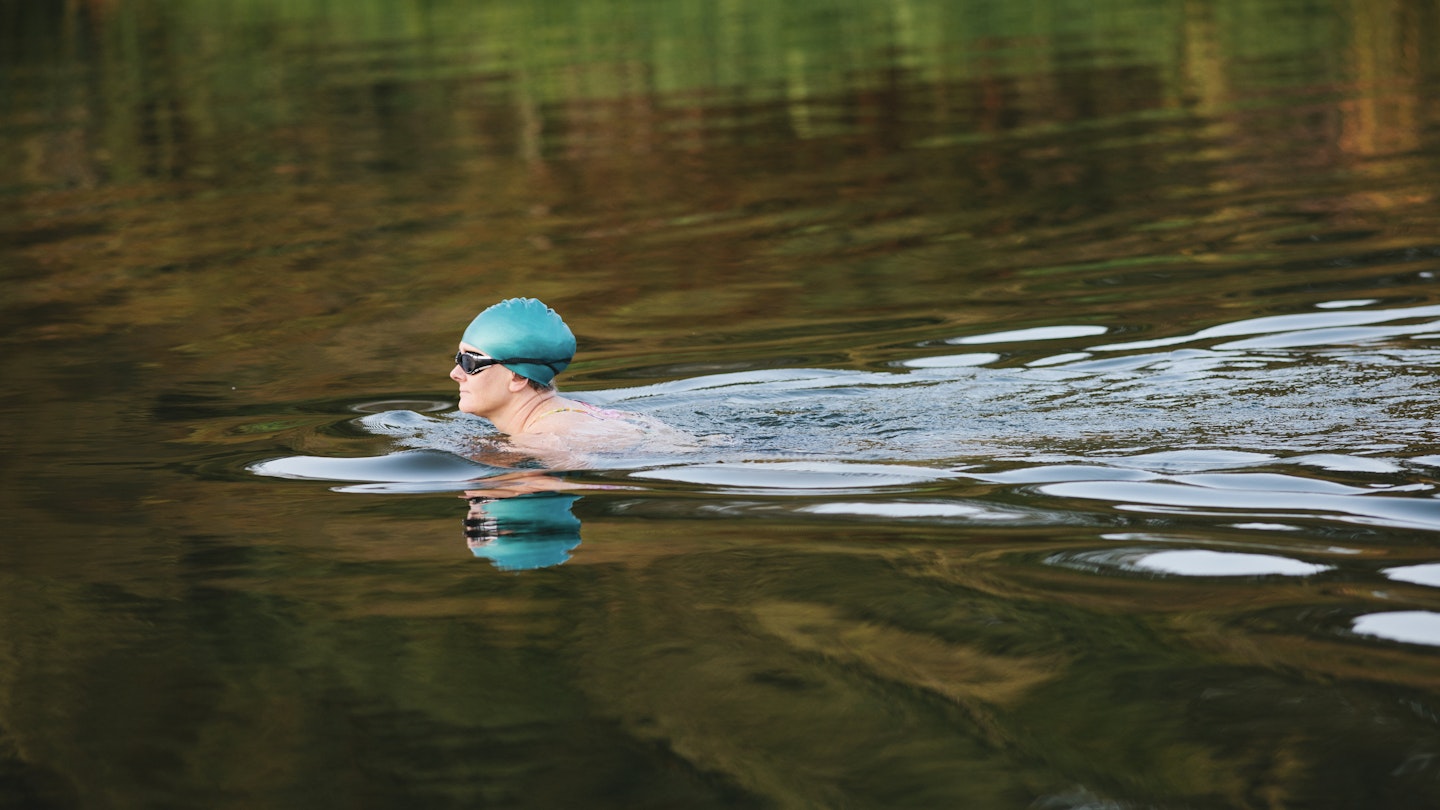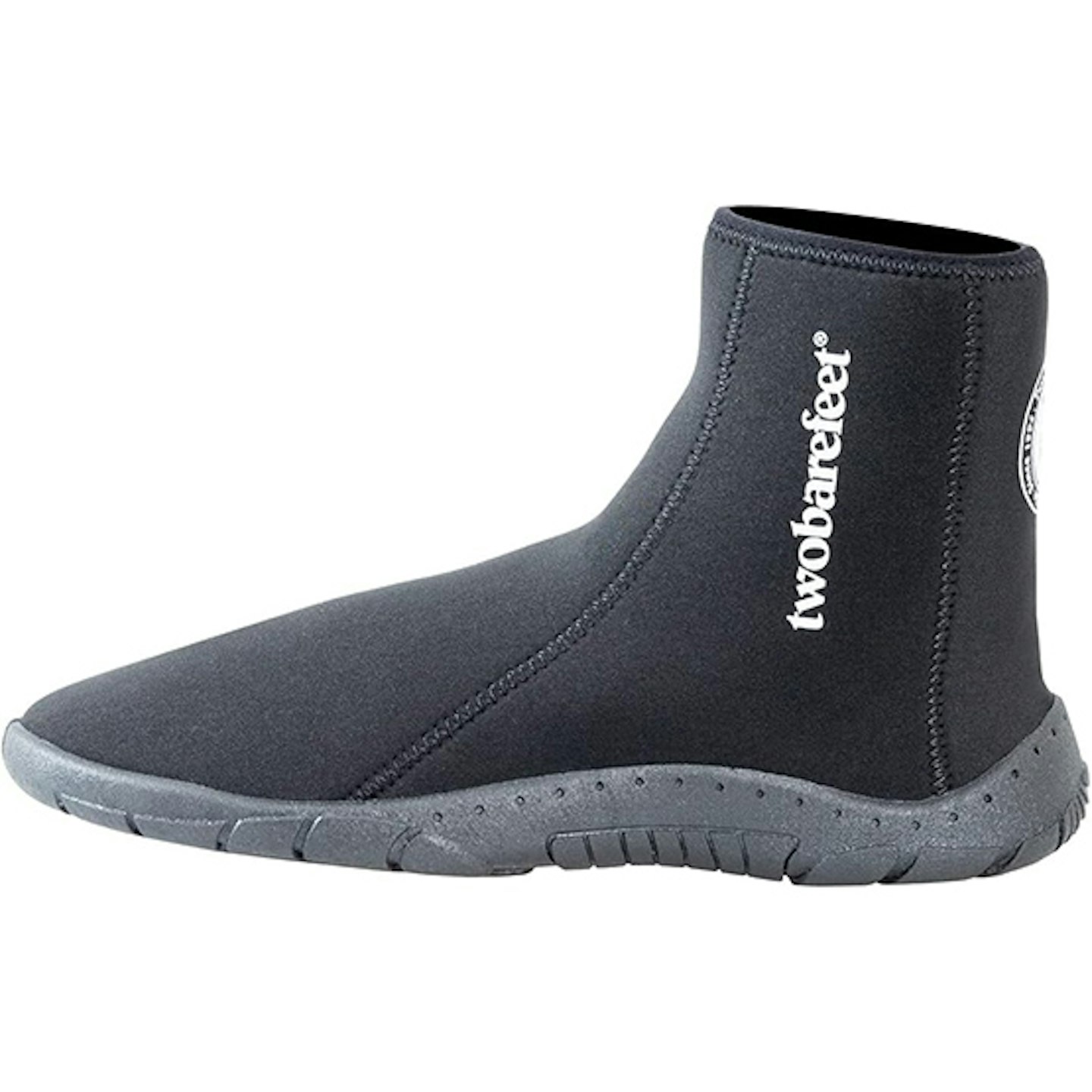Looking to challenge yourself this year or embark on a new hobby? Open water swimming grew in popularity following the closure of many swimming pools due to the Coronavirus and has continued to be enjoyed by swimmers to this day.
There is plenty of prep you can do before you head to your nearest lake or river to take a dip, and there are some things you need to know before diving straight in, as well as some useful equipment to make your open-water swimming experience as good as it can be.
How to start open water swimming
Finding a venue
While many experienced open water swimmers are happy to swim alone in open water, it's best to join a club if you're new to open water swimming. Not only is it safer to swim in numbers, you'll probably make new friends too.
Swim England have created a database of all the local open swimming venues and clubs and destinations in England to help get you started. There are many open water swimming venues to be explored in your local area.
Clubs provide a much more safe environment for swimming as they map out where is safe and where isn't to swim with lane ropes and there will also be lifeguards on patrol in case anyone gets into any trouble in the water.
The best time to start
You may have seen people taking part in open water swims in the winter, but it's likely they are very experienced and swim almost every day of the year. For beginners, it's best to start in the warmer months. Not only will this encourage you to return to the water for a second, third, fourth time or more, it's much safer for our health to swim in waters that are a higher temperature, especially here in the UK where open water can often freeze over in the winter months.
Open water swimming vs pool swimming
While you may feel very confident swimming in your local pool, swimming in open water is totally different. For example, if you normally manage a 30 minute swim in the pool, you might only have the energy for a 15 minute swim in open water. Before you even think about open water swimming, you should confidently be able to swim 400m unaided in a pool.
The temperature of the water is the biggest difference, and it can provide similar benefits as taking an ice bath. When the outdoor temperature is below 5 degrees Celsius, things are going to be very very cold, so you might want to avoid the water on these days. In fact, anything lower than 15 degrees Celsius is going to feel extremely cold, so you might want to wait until spring, especially if it's your first swim.
In open water, there is no side to hold and have a five minute breather. There are also no sides to push yourself off from. Add that to any waves, currents and windy days and you're likely to fatigue a lot sooner than you would in a pool. If you're keen to track your fitness as you swim, then we'd recommend wearing a swimming fitness tracker while you're out swimming to track things like your heart rate.
As a happy middle ground to get you started, you might prefer to try swimming in an outdoor swimming pool to get a feel for the outdoors (and the cold!).
Once you're comfortable in the water, there are many physical health benefits to reap from open water swimming. It can help boost your immune system, improve circulation and swimming in colder water can help reduce blood pressure, cholesterol and increase libido.
And it's not just physical health benefits as your mental health will improve too. Open water swimming can help you manage anxiety, depression and stress while boosting your energy levels. The endorphins (or happy hormones) it releases gives you a real sense of achievement and reconnecting with nature can boost this even further. On top of this, it's a great way to meet friends and become part of a community.
Overcoming open water swimming anxieties
Swimming in a very cold river or lake when you don't know what's in there or how deep it is can be rather daunting, especially if it's your first time. There are some common fears that you'll want to overcome and know how to deal with before you step foot in the water.
• Splash your face with the water before getting in and enter slowly while controlling your breathing
• Swim with a friend or group
• Practise in a pool or outdoor pool before you go
• Keep going – the more you swim in open water the more confident you'll feel
Swimming in a straight line can also be challenging when you first start. Some swimming clubs have a loop for swimmers to swim in which is usually marked out with buoys making it easier for you to navigate your way.
Open water swimming tips, advice and benefits from a real open water swimmer
We caught up with open water swimming fan and Yours reader Alison Silcox who has shared her knowledge and advice for beginners plus the brilliant benefits.
How did you get into open water swimming?
"This was really a case of being the first idiot to say yes to my friend Caz. She told me she’d gone through her phone and looked at who might say yes, and she knows I’m game for most things."
How is open water swimming different from swimming in a pool?
"It's such a nice experience. When you go to a local swimming pool, you have the hideous changing rooms to contend with, end up doing battle with others to find a space in the lane and end up smelling of chlorine. Jumping in the river or one of the local lakes is so much more enjoyable, you get to look at nature, enjoy the fresh air and try your best to not lose your dignity when getting changed by the side of the road."
How has your physical and mental health improved since starting open water swimming?
"I wouldn’t say my fitness has improved a great deal, we swam more in the summer but since the colder weather hit, we are more dipping than swimming. I do find it’s a mind clearer though, the cold air, being with friends and doing something you enjoy is always good for the mind. We tend to swim first thing in the morning, so to go in the river as dawn is breaking is something special. That said, we’re attempting a night swim soon at Race Hub near Melton Mowbray, fingers crossed for a clear night sky."
Have there been any times when you've felt in danger while swimming?
"I would never swim alone, I always have a tow float on and we scope out where we are going in for our swim, assuming we are not at an organised lake, so I’ve never felt in danger. The most fearful I have been is when there’s been the odd swan has bobbed along with us."
Open water swimming equipment
There are a number of things you should buy before embarking on your first open water swim to make you feel safer and more comfortable in the water.
"I’ve invested in a pair of boots and gloves, plus the tow float." Says Alison who has shared her top buys with us.
"I wear my normal swimsuit with a pair of cycle shorts over the top. I would recommend one of the big Dry Robe style coats, mine’s from Mountain Warehouse and I bought it in the sale, it’s been a godsend."
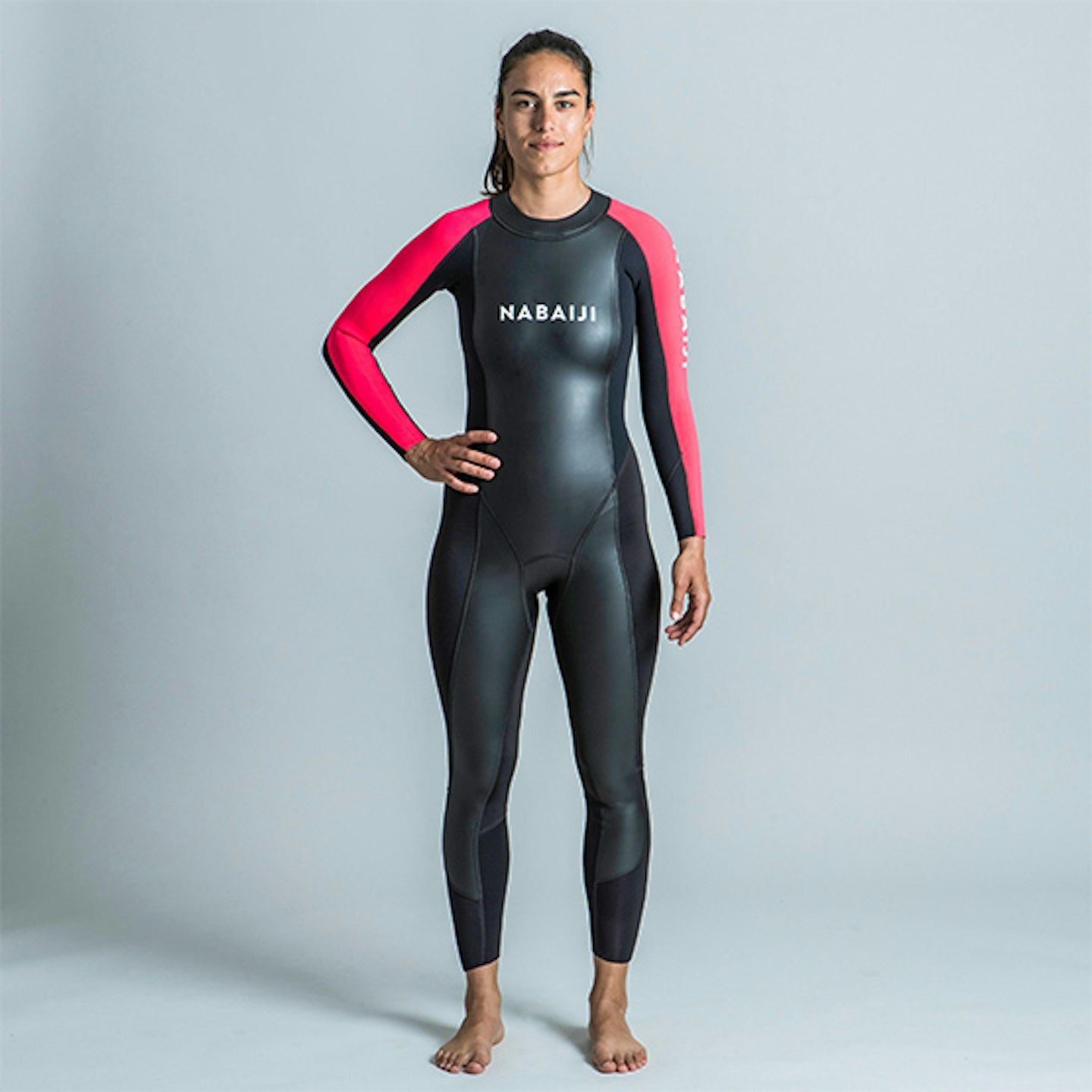
www.decathlon.co.uk
Not only do wetsuits keep you warm when open water swimming, they also provide some buoyancy that'll help you float. While many clubs provide wetsuits to hire, you may prefer to buy your own if you plan on wearing it frequently or would prefer to have your own.
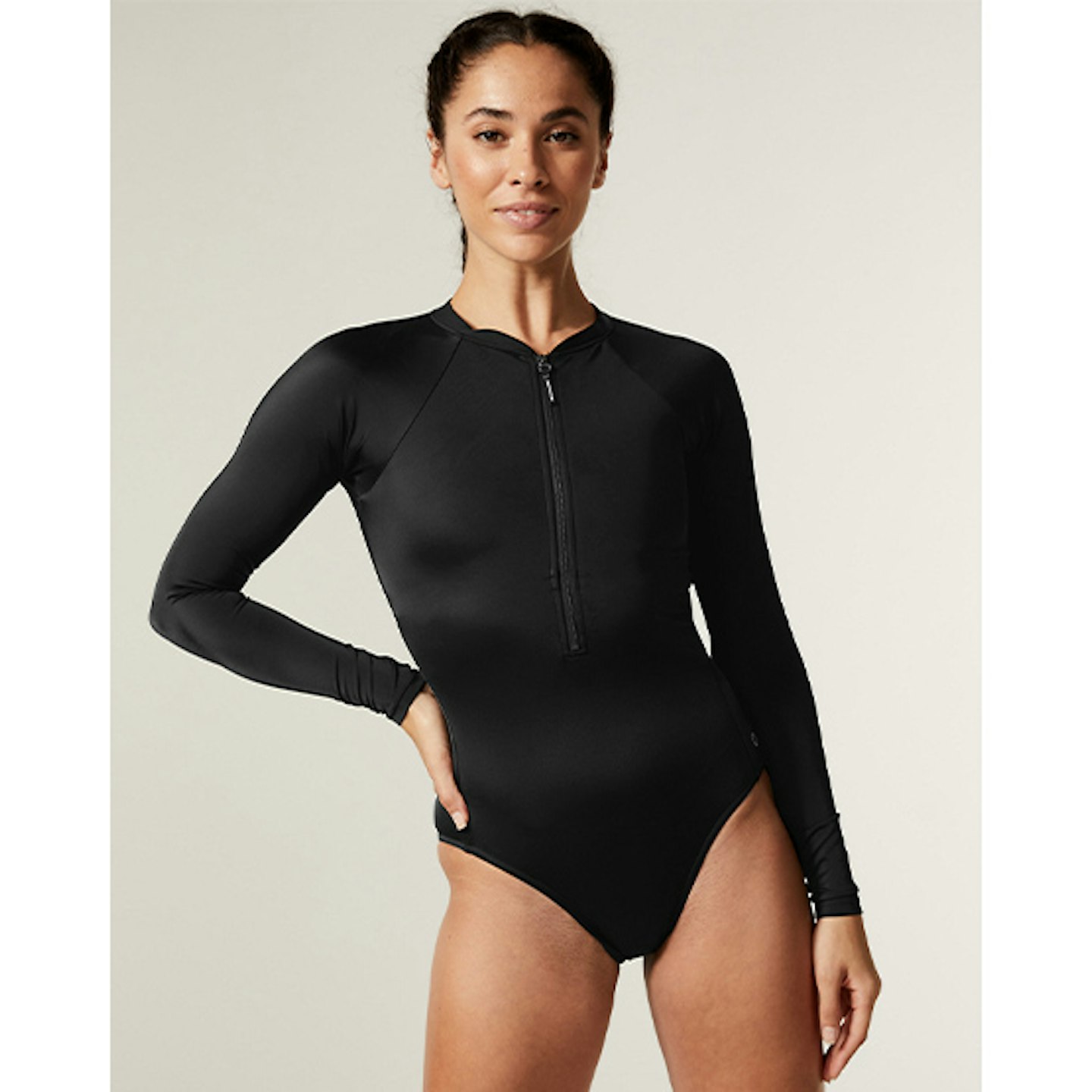
www.marksandspencer.com
If you're wondering what to wear under a wetsuit for open water swimming, we'd recommend wearing a rash vest and swimsuit to avoid any irritation, especially around your arms. Alternatively if you want an all in one, there are some cool long sleeved swimsuits on the market.
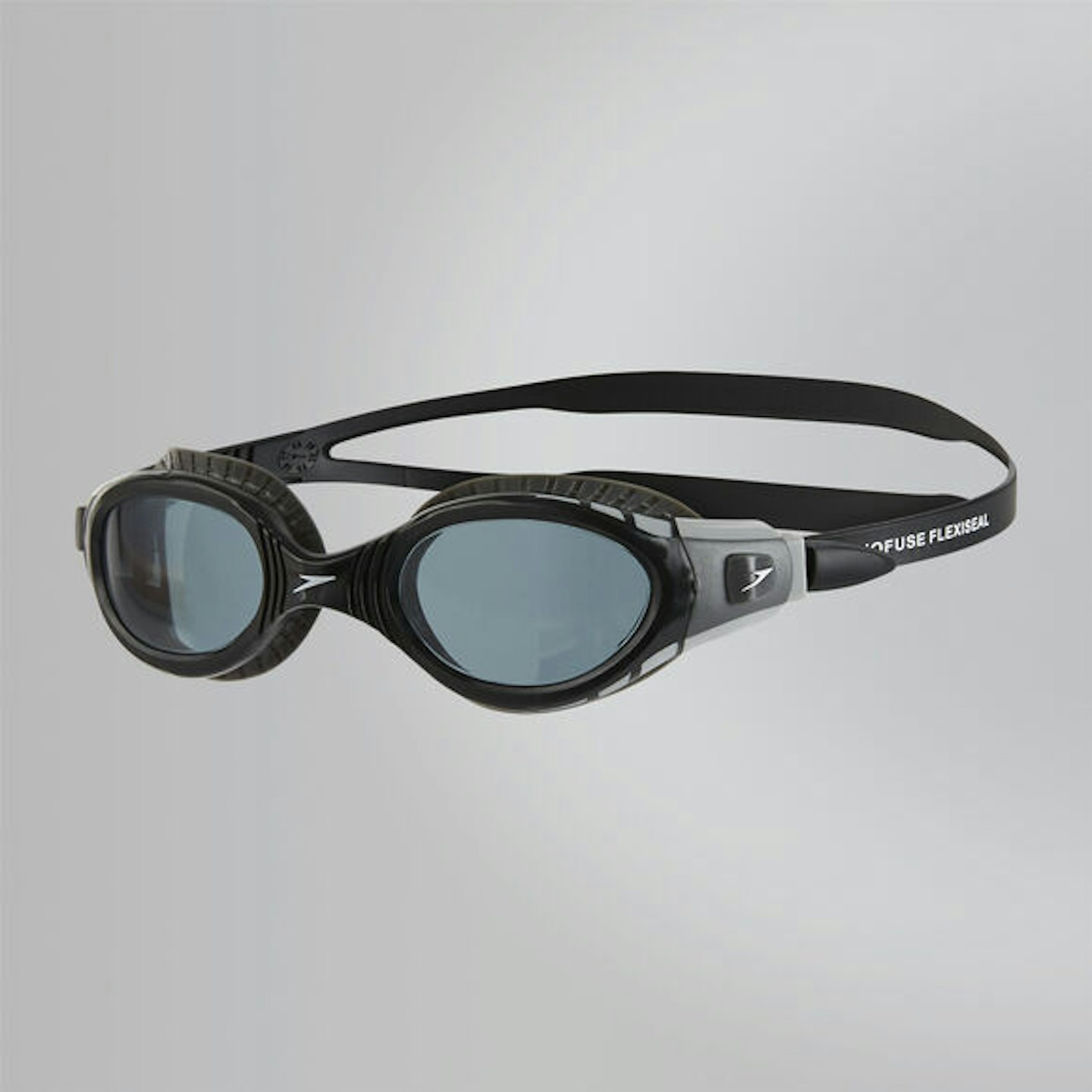
www.speedo.com
There's nothing worse than getting water in your eyes at the best of times but especially if you're in open water. You might also want to invest in a pair that provide shade on sunny days too so that you don't get dazzled by the sun. If the sun is shining, don't forget to wear some mineral suncream on your face if you're open water swimming.
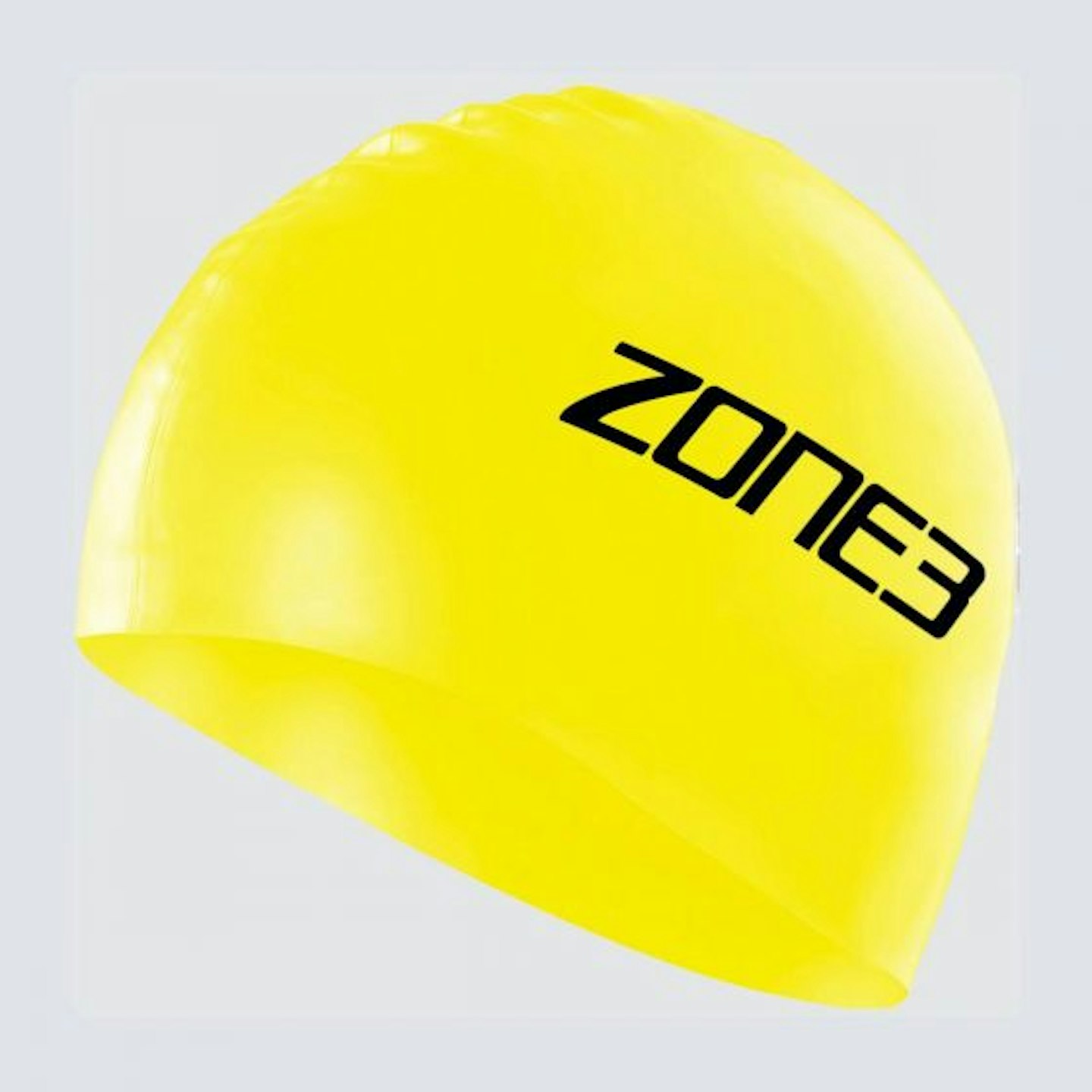
www.wetsuitcentre.co.uk
You'll want to wear a swimming cap to keep your hair and scalp dry, particularly if you have longer hair. It's a good idea to opt for a brightly coloured one when you're open water swimming as it makes you more visible to lifeguards if you get into any danger.
Not only will these help keep your feet warmer, they'll also make walking in and out the water much more pleasant underfoot. There are a range of styles available, including wetsuit boots or lighter weight options like socks. A good pair of swim socks or boots for open water swimming are a must!
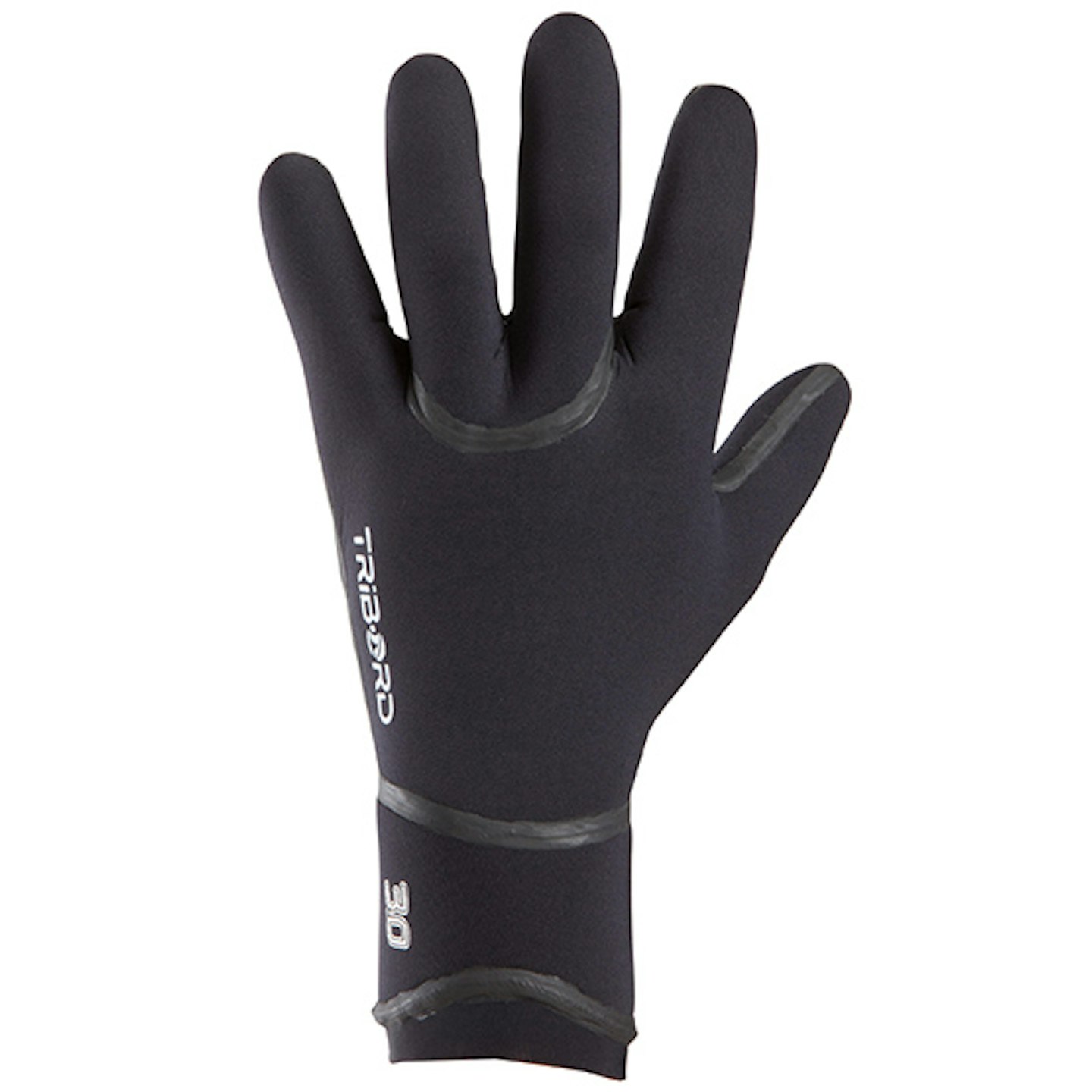
www.decathlon.co.uk
Gloves mainly come in handy for swimmers who are venturing out in the winter, but if you're finding your hands are feeling pretty chilly, it might be worth getting yourself a pair.
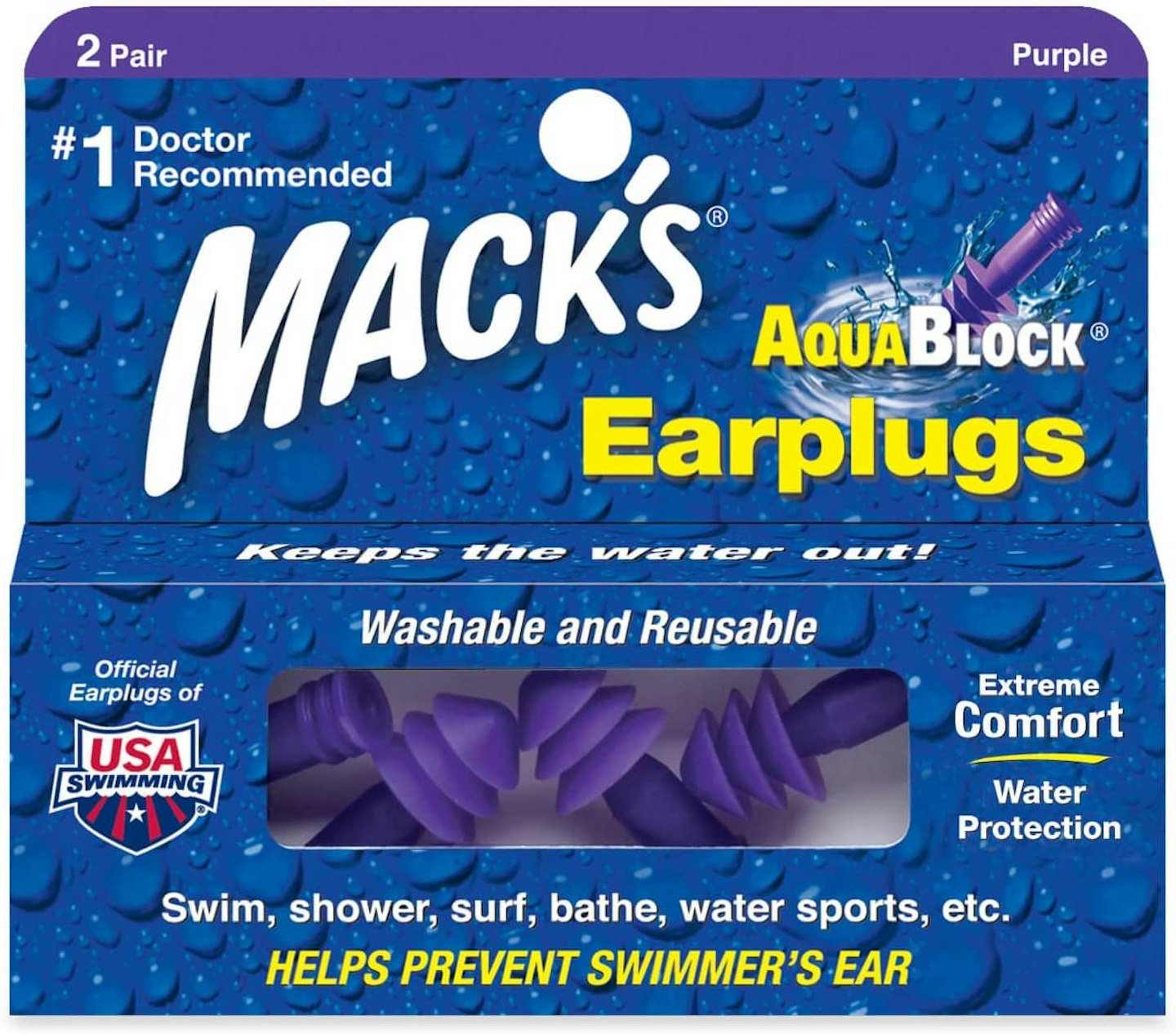
Prone to ear infections or suffer from hearing loss? Invest in a pair of earplugs to prevent any water getting into your ears while protecting them from the cold when you're swimming in the open water.
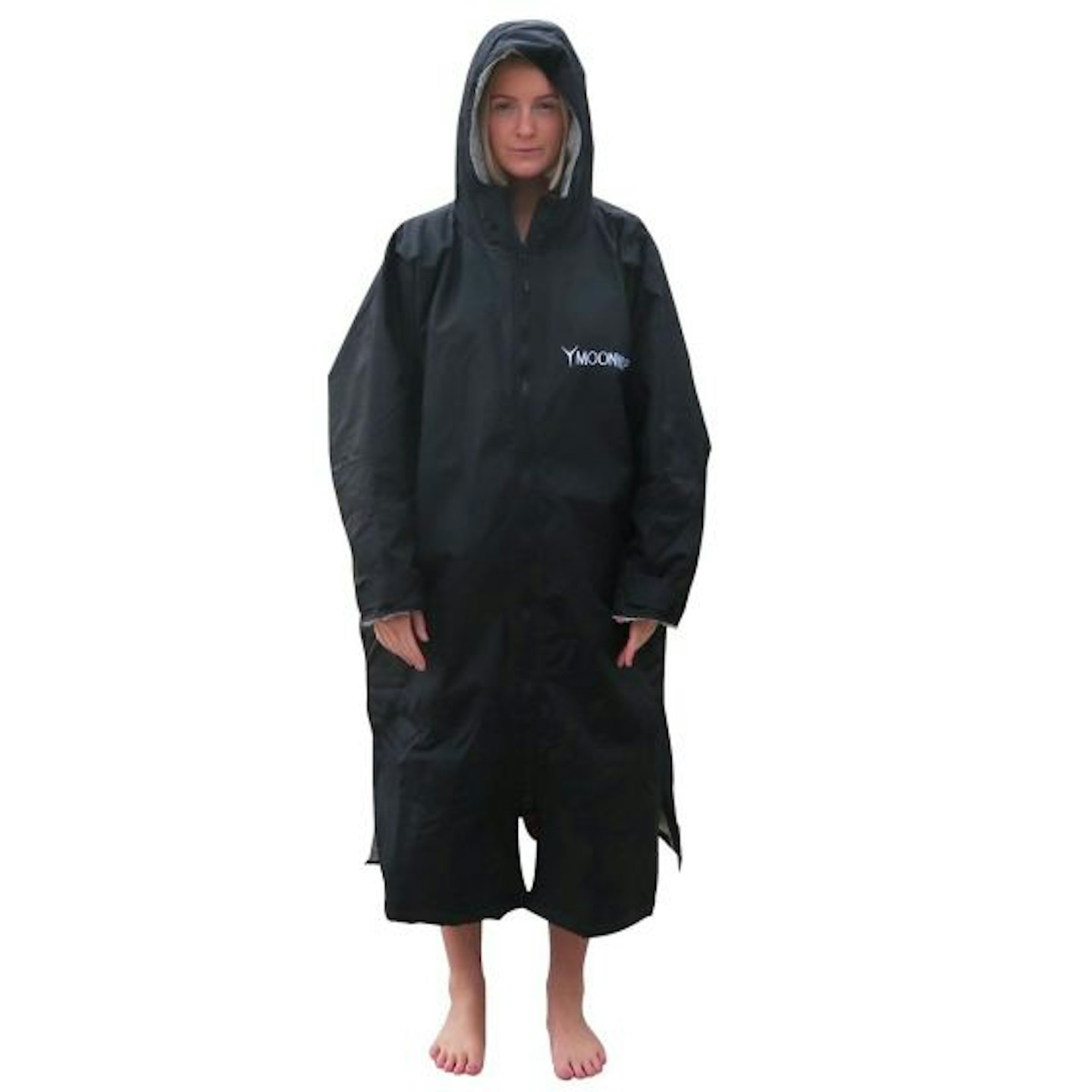
thewildswimstore.com
Some swimming clubs offer changing facilities however many don't. If your local club doesn't offer the luxury of a changing room, it's a good idea to invest in a changing robe or Dryrobe for after your outdoor swim so that you can have some privacy when getting changed.
Alison's top three tips for beginners
- If you are planning to go in the river, never go on your own.
- Use a tow float and wear a hat, you’ll be easily spotted.
- If you haven’t swum in cold temperatures, hang fire till the water warms up a little.
Time for a dip?
The NHS Couch to 5k app that gets you running 5km in a nine-week programme has proved hugely popular over the last year. But now a new version has been launched to get us swimming into the warmer months. Swim Couch to 5k has been designed by the Open Swimming Society with three training sessions a week, aimed at building fitness to swim 5km in a lido, pool or even the sea over the course of three months.
